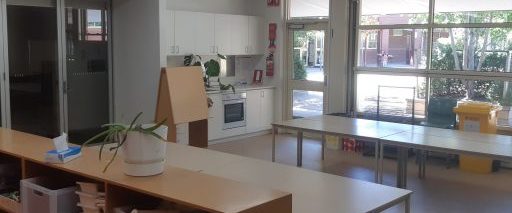Inquiry: Our Systems, Our World, Ourselves
New big ideas:
- Organisation and classification helps us understand the world
- Our understandings influence our decisions
Initial big idea: “A system set of parts working together or interconnected to form a complex whole.”
As a neighbourhood our collective inquiry is moving into the Apply Phase. Our deep investigation into indigenous species has led us to ask the questions, “How can we make Princes Hill more welcoming to indigenous species?”
Students are continuing to create highly realistic models of their chosen indigenous species while researching feather types, analysing bat wing bone structures and considering the stomata of leaves.
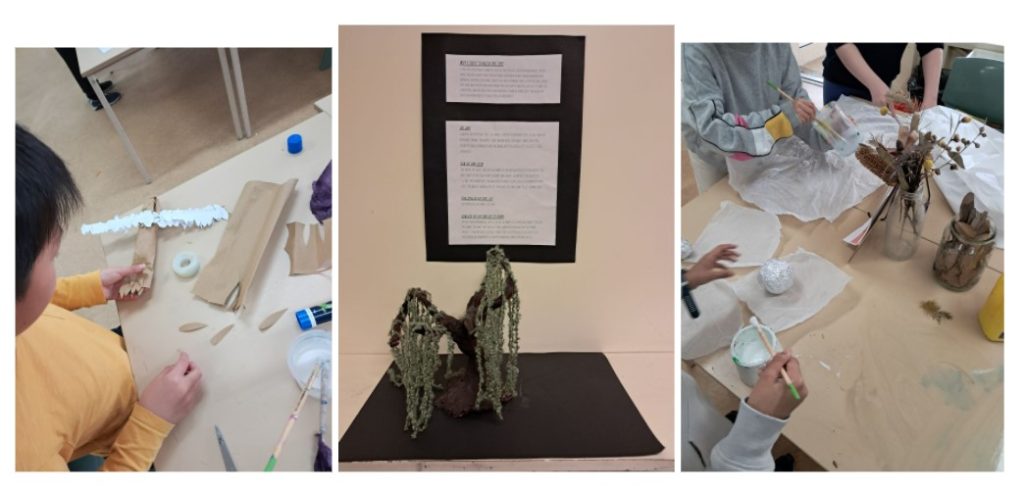
A working party may now be required to organise our much loved resources. As our studio is currently in high demand as a space for creating artefacts that demonstrate our neighbourhood’s deepening understanding of indigenous species, a dedicated group will be given the role of organising and communicating how our studio will be organised. This will potentially involve the creation of infographics that outline the location of resources and the processes involved in having them orderly and available for use.
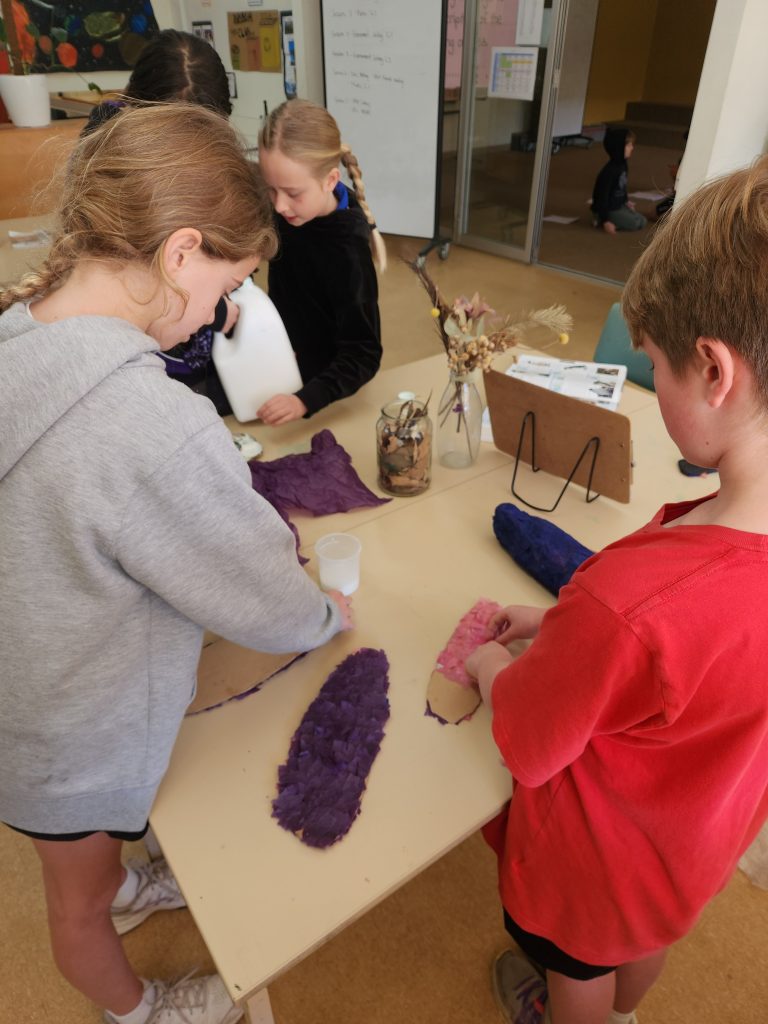
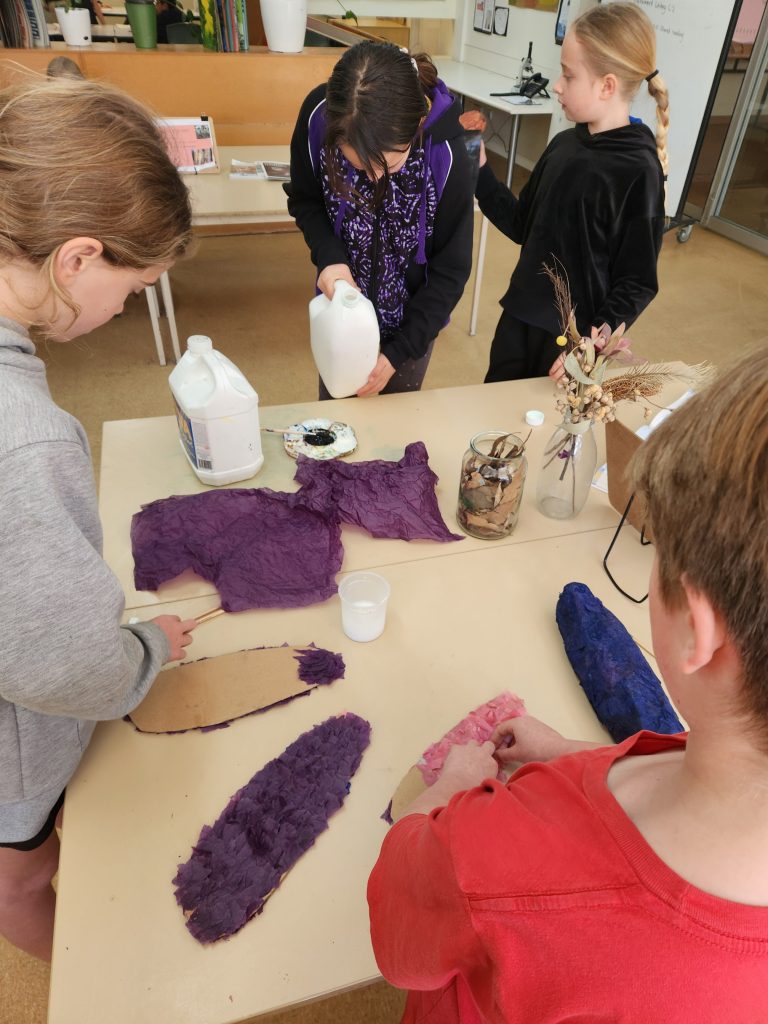
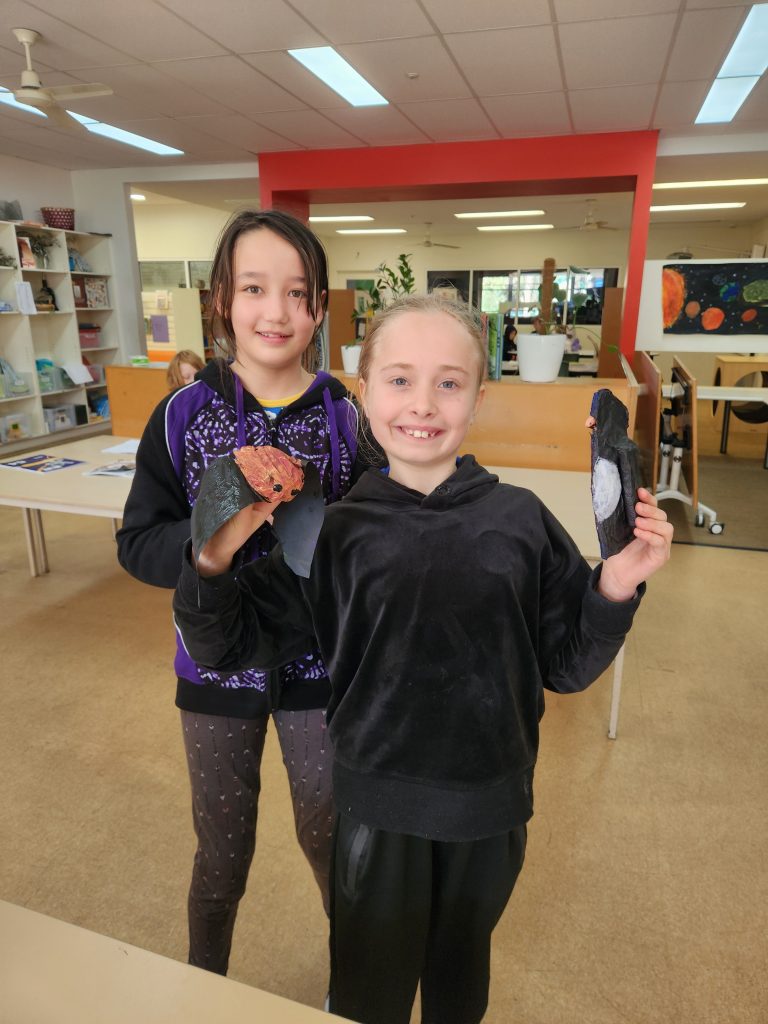
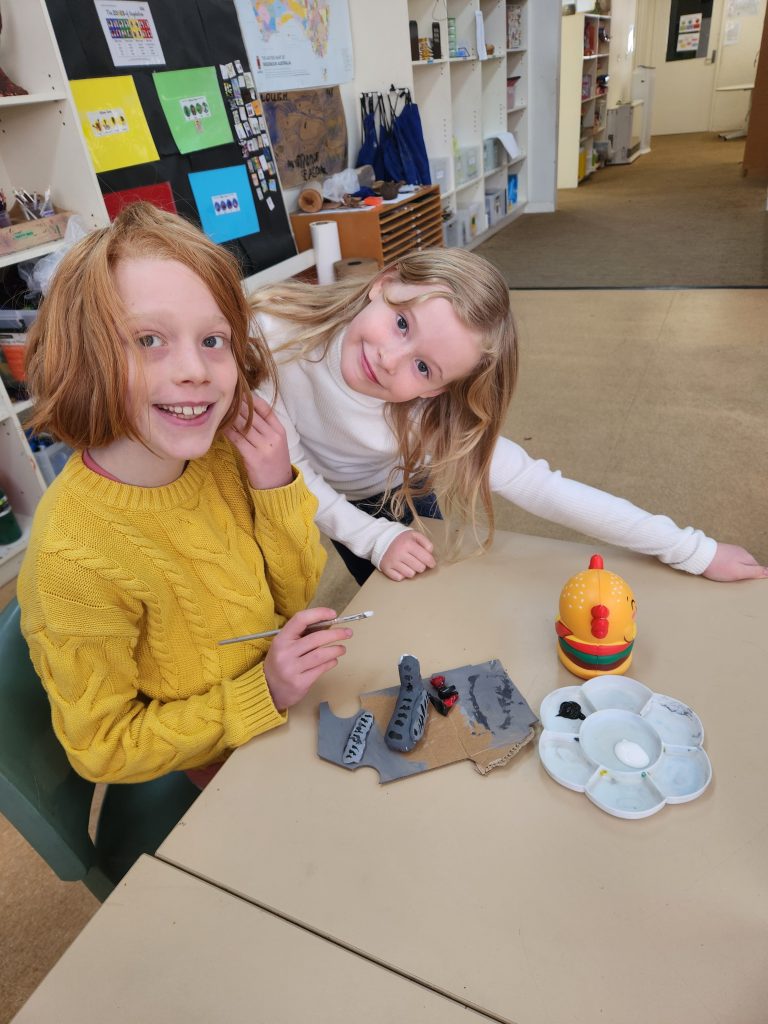
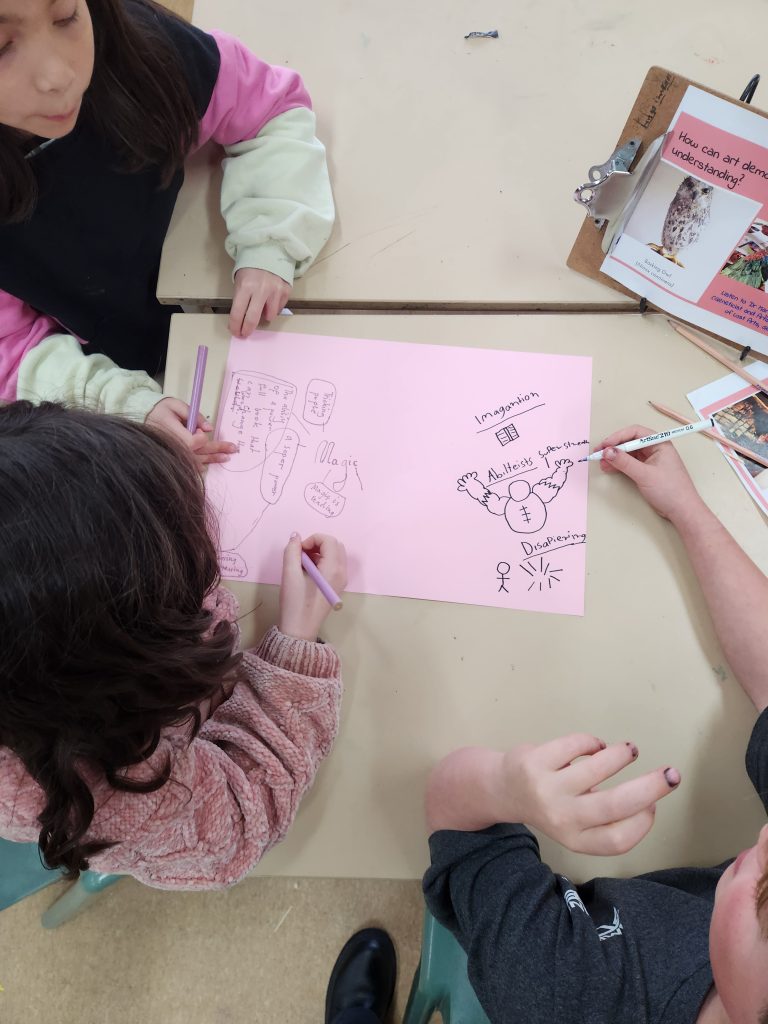
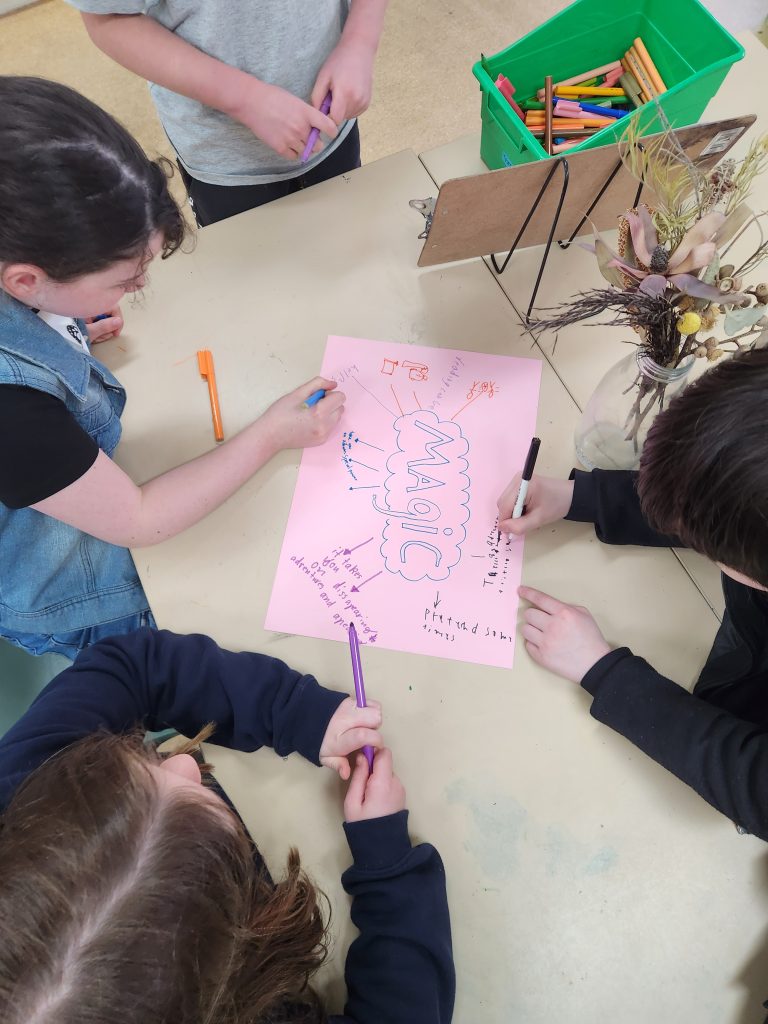
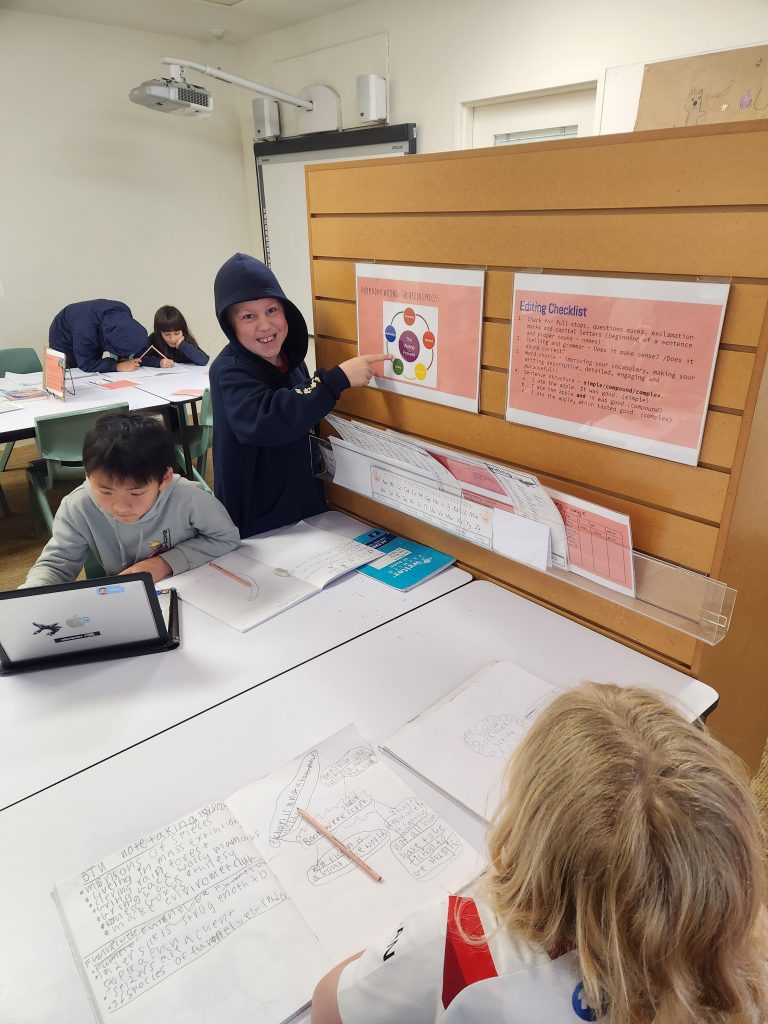
Maths
Our current maths foci is developing reasoning skills, specifically related to divisibility, building our fluency with the four mathematical operations (addition, subtraction, multiplication and division) and the use of fractions in authentic contexts.
Writing
Our two writing foci are publishing our indigenous species reports and finalising our scientific reports. These both involve proofreading and editing for spelling, punctuation, author’s voice, detail, structure and sentence fluency.
Reading
We continue to delve into our neighbourhood novel Fireborn, exploring character motivations, setting, plot twists, inferences and use of language. We are also reading a variety of scientific texts including texts about species classification, marine creatures and computer science. These involve discussions of text purpose and structure, use of specific vocabulary, decoding unfamiliar words and reading fluency.
3/4N2
